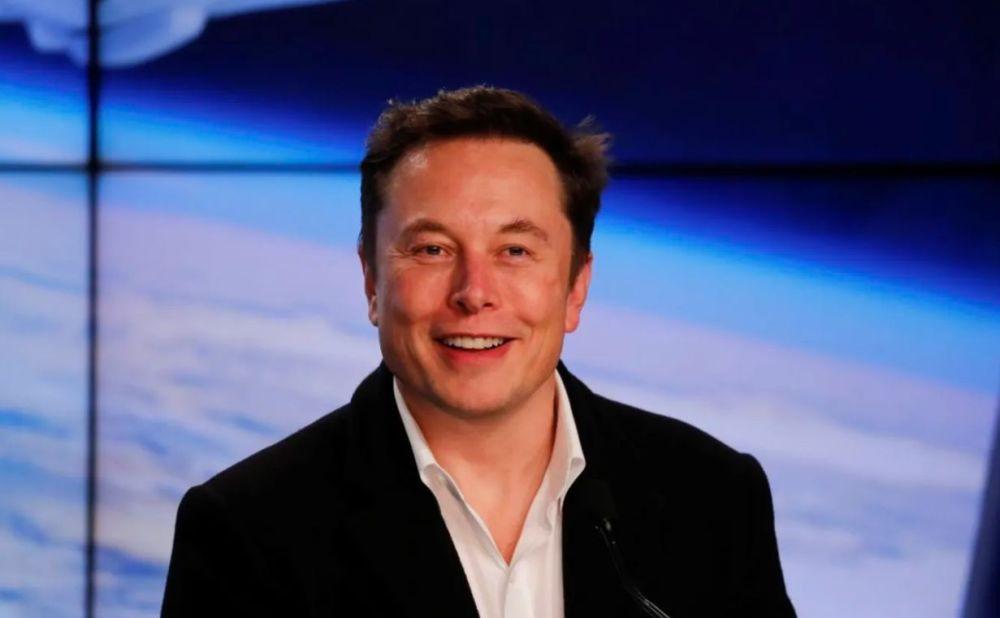Recently, Musk's acquisition of Twitter is still fermenting, which has triggered heated discussions in the media. U.S. media reported that Tesla and China are too closely related, so they are worried that Twitter may become a platform for exerting Chinese influence in the future. Musk is balancing his free speech and business activities, and that China will use Musk to exert influence on Twitter. The above remarks are not only unfounded, but also full of prejudice.
The acquisition involves China, and the United States is overly nervous
The US media said that Musk had good relations with China and publicly praised China and encouraged people to visit China. Therefore, in the eyes of these American media, Musk and China are too closely related, so even the matter of Twitter acquisition must be involved, and even raised to the level of risk, which shows how narrow the US China policy is.

The U.S. approach is not surprising, everything must be aimed at China, and everywhere to promote the "China threat theory." This practice is purely excessive anxiety, and it also fully highlights that the self-confidence of the United States and European countries is seriously declining. Now that the acquisition of Twitter is once again involving China, it shows how extreme the US approach is, and it does not miss any opportunity to target China.
If you look closely, all the arguments involving the so-called "China threat" are mixed with a lot of private things. For example, blaming China for the failure of the West, and even touching China in a lot of exaggerated ways, using China as an excuse to cover up its incompetence. The "China threat" has become a "traffic password" for the US government and politicians.
Playing up the "China threat" will not help solve its own problems, but will only exacerbate contradictions
American society has always been full of "China phobia" today, and the purpose is to maintain the hegemonic superiority of the United States through various means. This is no different from the "Japanophobia" that pervaded American society in those years, except that the target was changed to China, but China would not be easily threatened and intimidated by the United States.
The US approach will not solve the problem fundamentally, but will lead to the intensification of internal contradictions. Insiders in the United States have warned that if they blindly try to weaken China's advantages in order to divert the contradictions of the United States, they will lead to the deviation of the DOMESTIC policy of the United States. American scholars describe this as an overreaction, and the effects can be as dangerous as underestimating an opponent.
This distorted US China policy reflects the inner anxiety and struggle of its politicians, and its hard-line policy toward China will actually plunge American society into the abyss. Vigorously promoting the "China threat theory" will not solve the problems of the United States itself, but will exacerbate contradictions, and only win-win cooperation is the fundamental way to solve the problem.
Reference to some sources: Shangguan News